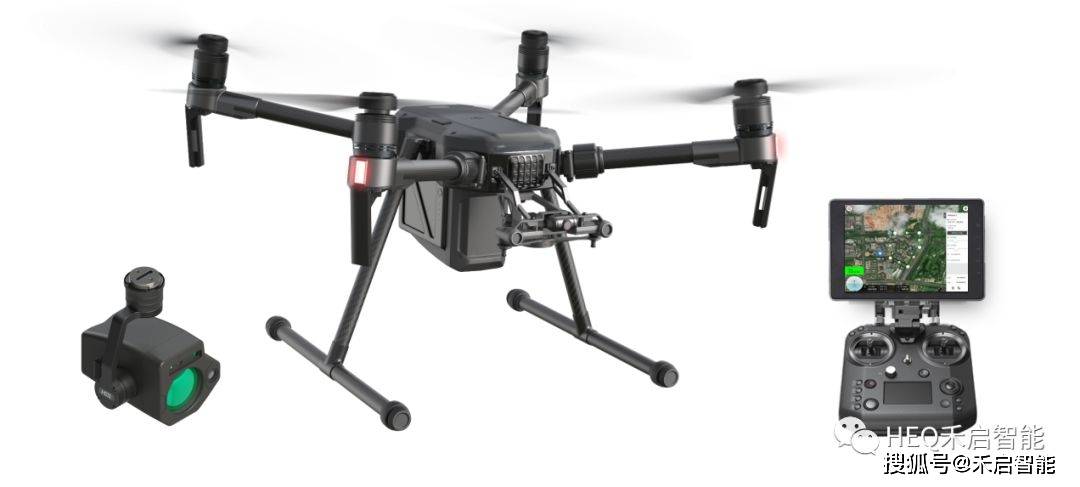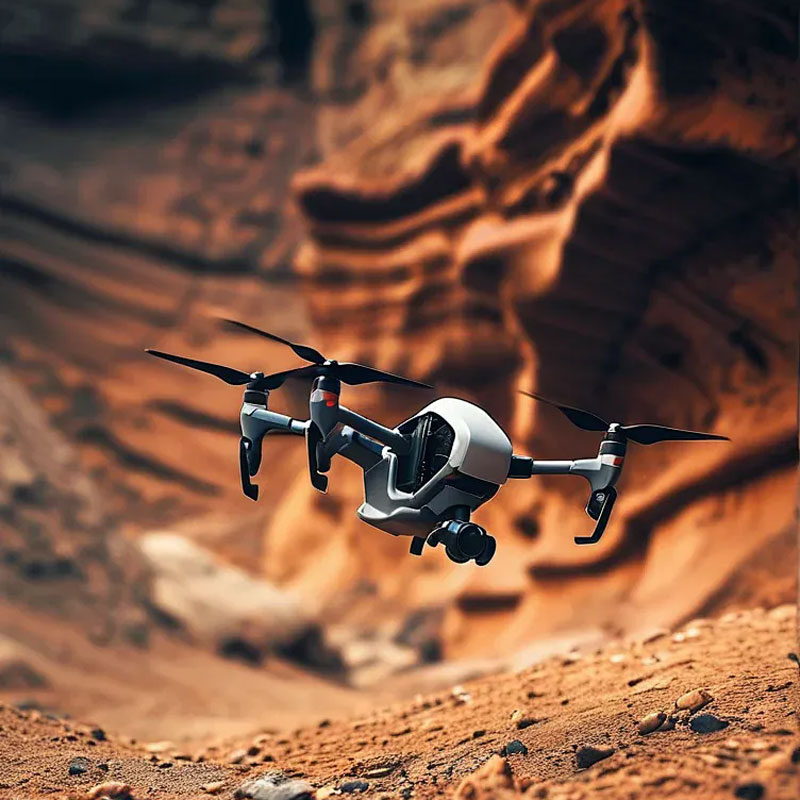In today’s rapidly evolving technology landscape, the role of a drone videographer has become increasingly vital and intriguing. These professionals harness the power of drones to capture stunning aerial footage that was once out of reach, allowing filmmakers, advertisers, and hobbyists to unlock the sky’s limitless potential.
Drones have revolutionized the world of videography, offering unique perspectives and cinematic views. This innovation not only enhances the quality of visual storytelling but also introduces new creative avenues. Whether it’s capturing the breathtaking expanse of a natural landscape or the architectural splendor of an urban setting, drone videographers provide an indispensable service.
Key Equipment and Skills Required
A drone videographer must be equipped with high-quality drones, cameras, and stabilizing gear to ensure smooth and clear footage. Understanding weather patterns, flight restrictions, and airspace regulations is crucial to navigating any environment safely. Additionally, they need sharp editing skills to transform raw footage into compelling narratives.
The Importance of Certification
Professional drone videographers must obtain the necessary certifications and licenses. This not only legitimizes their operation but ensures adherence to industry standards, promoting safety and professionalism. Obtaining a Part 107 certification from the Federal Aviation Administration (FAA), for instance, is essential for those operating drones commercially in the United States.
Applications of Drone Videography
- Film and Television: Aerial shots add an epic dimension to cinematic storytelling, creating scenes that captivate audiences.
- Real Estate: Drones can showcase properties from dynamic angles, providing potential buyers with stunning views and comprehensive property tours.
- Wedding Videography: Capturing weddings from above creates lasting memories with unique and breathtaking views of the venue and surroundings.
- Marketing and Advertising: Brands use aerial footage to enhance promotional videos, ensuring their message stands out in a crowded marketplace.

Choosing the Right Drone Videographer
It’s crucial to select a drone videographer with a solid portfolio and clear demonstration of technical skills. Evaluating previous projects and customer reviews can provide insight into their expertise and creativity. Additionally, discussing your vision and expectations with the videographer ensures alignment and satisfactory results.
Budget considerations can vary widely based on the project’s complexity, duration, and required equipment. However, investing in a skilled drone videographer is worthwhile for the professional quality they bring to the table.
Challenges in Drone Videography

Despite its many benefits, drone videography is not without challenges. Wind, weather, and unexpected technical issues can disrupt plans and require rapid problem-solving skills. For those considering a career as a drone videographer, resilience and adaptability are key attributes.
Frequently Asked Questions
What is the typical cost of hiring a drone videographer?
The cost can range from $500 to several thousand dollars, depending on the project scope, location, and videographer’s experience.
Do drone videographers require insurance?
Yes, having insurance protects both the videographer and the client against potential liabilities or accidents during operations.
How long can drones fly for videography purposes?
Most consumer drones can fly for about 20-30 minutes per battery charge, though this can be extended with additional batteries.
In conclusion, the world of a drone videographer is rich with opportunities for creativity and innovation. As aerial technology continues to advance, these professionals will play an increasingly critical role in various industries, helping to capture and create powerful visual stories from the skies.
